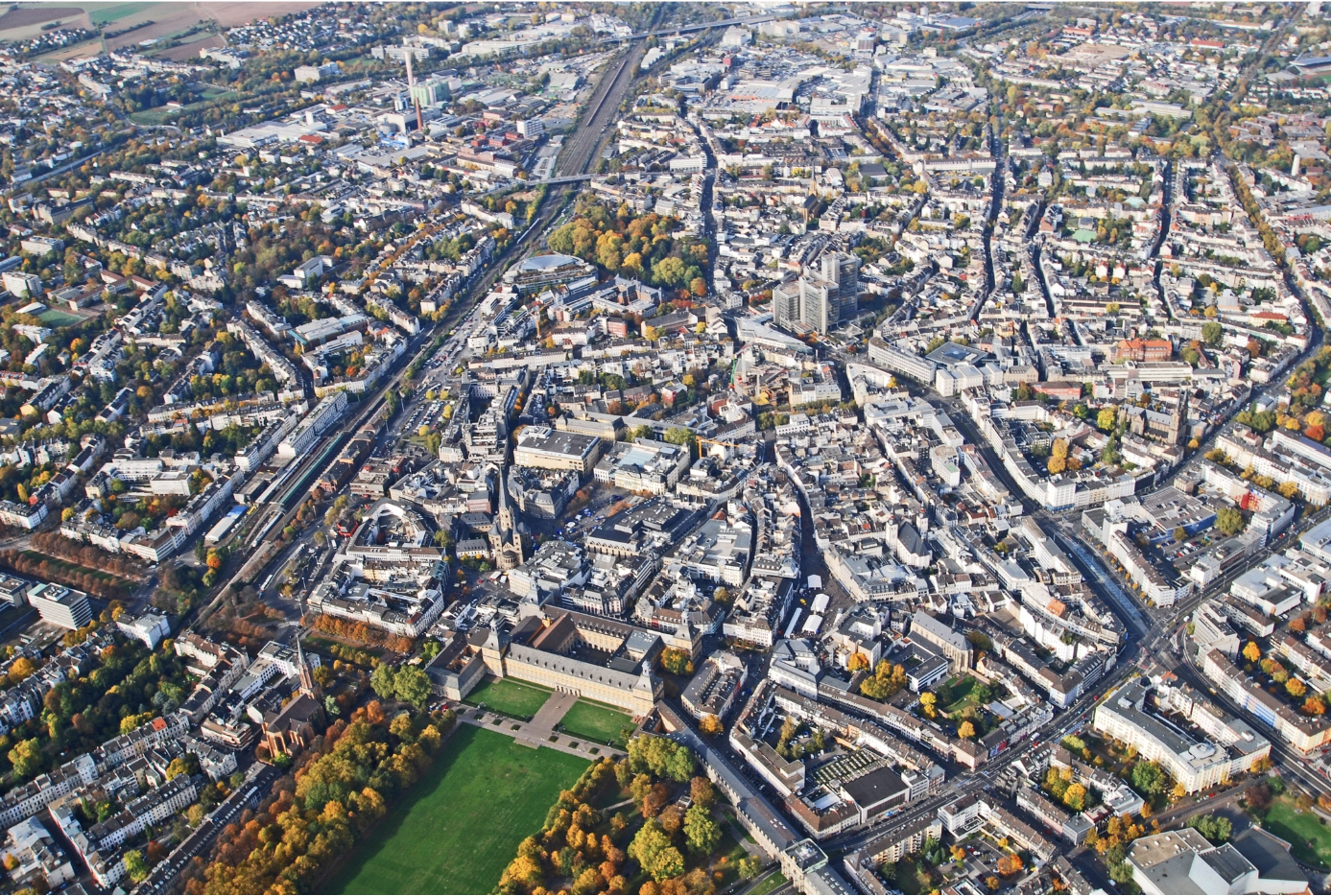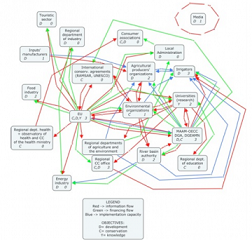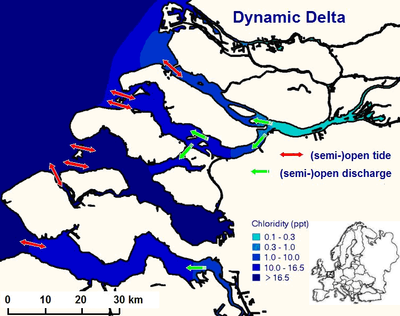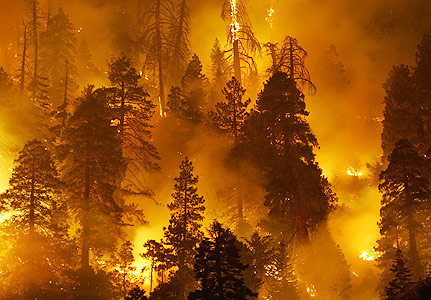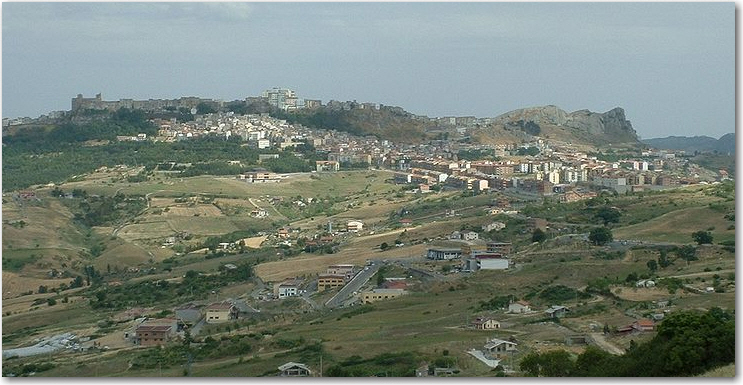Start a conversation
You must be logged in to start a conversation.
Adaptation Decision Making
-
7778 Page views
- 561 Members
- 2 Articles
- 6 Case studies
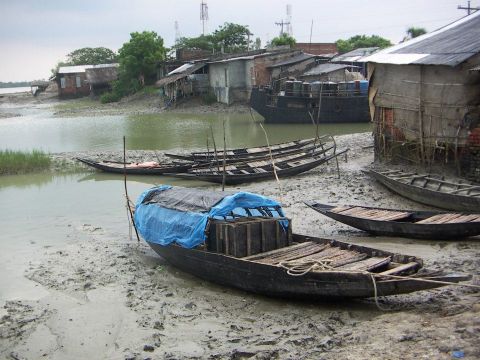
VINEAS
- May 5, 2025
- 1 min read
European Commission-funded Projects and Climate Adaptation Platform Webinar
- Event: 07/02/2024 - 12:30 (UTC +01:00) - 14:00 (UTC +01:00)
- 2 min read
Empowering small rural municipalities through multilevel governance for adaptation in North Rhine-Westphalia, Germany
- October 8, 2023
- 1 min read
Developing a social network map to frame adaptation action in the Guadiana river basin, Spain
- October 3, 2012
- 2 min read
Developing and testing an improved methodology for the identification of impact and adaptation thresholds, key risk factors and potential adaptive responses
- March 6, 2012
- 1 min read
Assessment impacts and adaptation options to forest fires
- March 6, 2012
- 1 min read
Sorry, no more wine! Tuscan agriculture in a climate change regime
- February 9, 2012
- 3 min read
NAIADE: using multi-criteria analysis to address water issues
- March 15, 2011
- 1 min read
Adaptation decision-making can be informed by various tools, methods and approaches. These include participatory as well as expert-based approaches. The use of a (computerised) decision support system (DSS) is a means for a policy analyst or planner to compare different possible interventions, although the actual model and many of its parameters/data sets may not necessarily be accessible. Adaptation takes place at different levels (for example local vs. wider-scales) and decision-making may also be situated in different spheres (for example private vs. public adaptation) and typically involves a range of actors.
An important principle is that there is no one method/approach/tool that suits all circumstances of adaptation decision-making. Adaptation methods, in other words, have conditions of applicability. This is often overlooked in practice. For most adaptation problems different knowledges may be valid as well as multiple worldviews and the preferences of stakeholders affected by the decision. The specification of the problem and the available ‘inputs’ to the decision process should inform the choice of method.
A second important principle is that there is much uncertainty in adaptation decision-making. This challenges the identification of good options and the creation of shared understanding about possible outcomes. For example, scientists seek to account for uncertainty in its different forms; local stakeholders/practitioners may well be aware of uncertainty, they are nevertheless urged by decisions that need to be taken. See this introductory page on the problem of uncertainty in the context of adaptation decision-making. Broad solutions proposed are “no regrets”/staging options that leave open other options, when more information and capacity is available (and uncertainty is reduced). Second, there is a realisation that climate ‘knowledge brokers’ can play an important bridging role (see below).
Adaptation Decision Making is one of the largest themes on weADAPT and the pages contain a wealth of information on various sub-themes and cross-cutting issues. Closely related weADAPT themes are Using Climate Information and Transforming Governance.
Climate information should be principally viewed from a decision-making perspective. Linking the priorities of the users of this information into the research design and ensuring compatibility of the ‘products’ of climate science with their decision-making processes is therefore of key importance. There needs to be sufficient guidance at all levels and all stages of decision-making. On the one hand, this can increasingly be observed in availability of online information and new ICTs provided by climate ‘knowledge brokers’ and through various collaborations. On the other hand, decision-making is as much driven by political priorities as scientific ones. Climate scientists need to engage with decision-makers and find innovative ways to become stakeholders in the decision-makers processes. Transformative climate adaptation aims for institutions and people working together to achieve improved livelihoods and environmental sustainability. The theme explores how social and institutional learning can best be supported, and it contains a depth of content on inclusive approaches for decision-making, potential stakeholder engagement tools, and understanding planning/policy processes. In doing so, and drawing lessons from many case examples, it addresses questions such as: What types of decision-making processes are required to foster democratic processes of transformation, and what is the role of science in such processes?
Editors
Richard Taylor
- 4 Followers
Contacts from the Programme
Richard Taylor
- 4 Followers
Members
Connect with peers working on similar issues.
Charlotte Koch
Zero-carbon, Sustainable Green Building Architecture & Planning with Inte...
Aaron Kachunga
Water Resources Engineer working at Water Resources Management Authority in Z...
Khaldoon Bawaneh
Khaldoon Bawaneh : Water Quality Engineer at Aqaba International Laboratories...
Dr. Abu Syed
Currently, I am serving as Environment and Social Safeguard Specialist of (a ...
Deborah Harford
ACT researches top-of-mind climate change issues that bring leading experts f...
Adama Fatimata Sonia Audrey BANDE
currently i am employed as deputy legal adviser of VBA in integrated water r...
Saowalak Jingjungvisut
USAID-funded Mekong Adaptation and Resilience to Climate Change (Mekong ARCC)...



